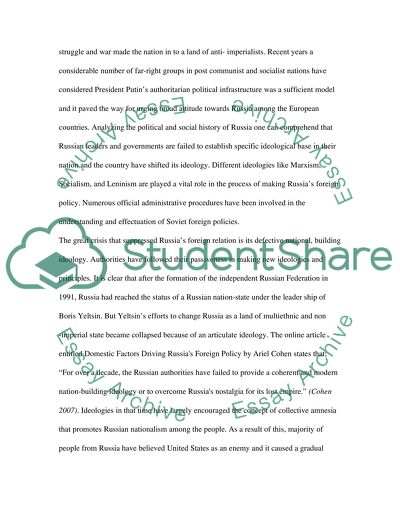Cite this document
(“INTERNATIONAL RELATIONS AND POLITICS Essay Example | Topics and Well Written Essays - 2750 words”, n.d.)
Retrieved from https://studentshare.org/environmental-studies/1404875-international-relations-and-politics
Retrieved from https://studentshare.org/environmental-studies/1404875-international-relations-and-politics
(INTERNATIONAL RELATIONS AND POLITICS Essay Example | Topics and Well Written Essays - 2750 Words)
https://studentshare.org/environmental-studies/1404875-international-relations-and-politics.
https://studentshare.org/environmental-studies/1404875-international-relations-and-politics.
“INTERNATIONAL RELATIONS AND POLITICS Essay Example | Topics and Well Written Essays - 2750 Words”, n.d. https://studentshare.org/environmental-studies/1404875-international-relations-and-politics.


